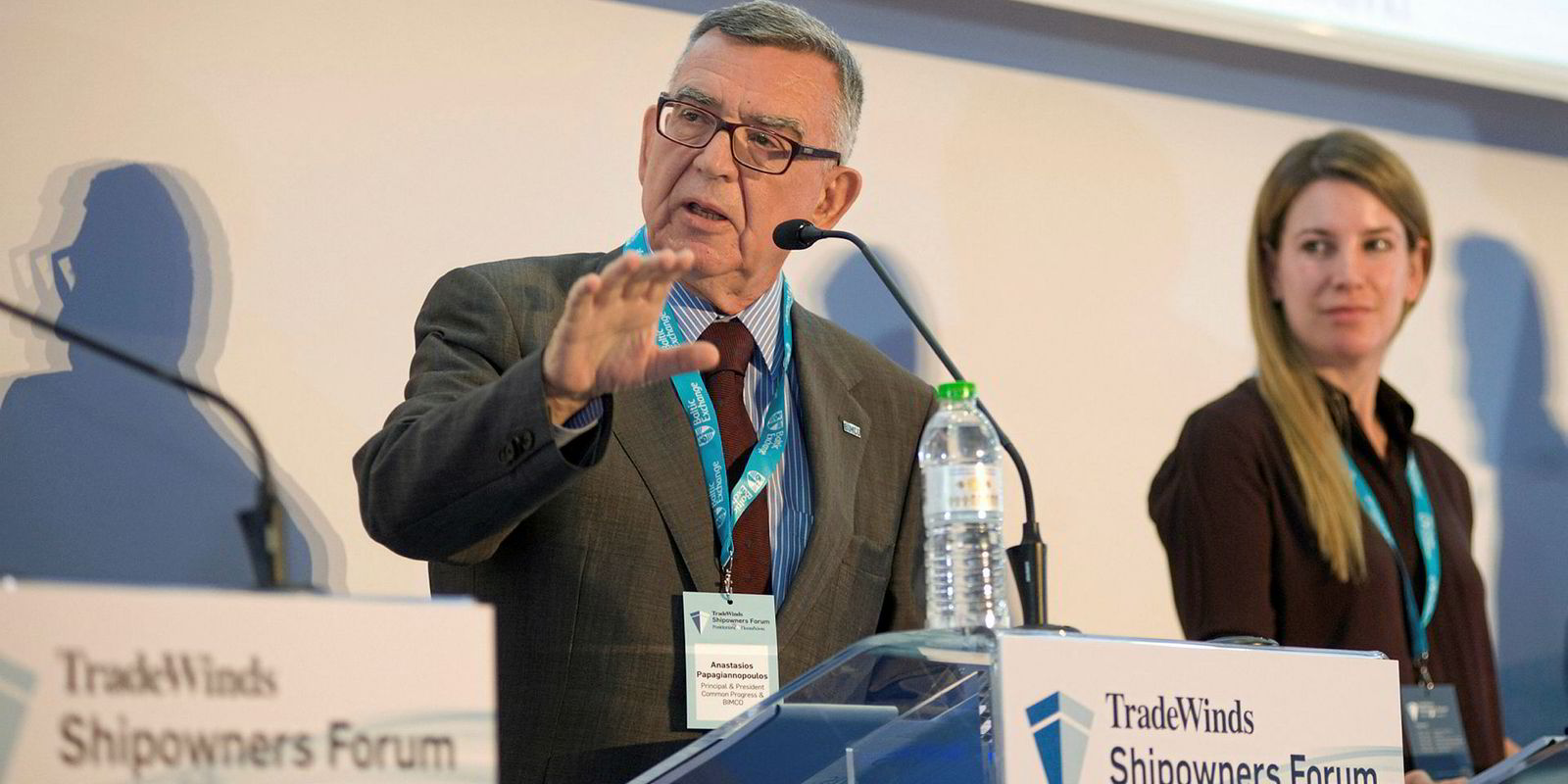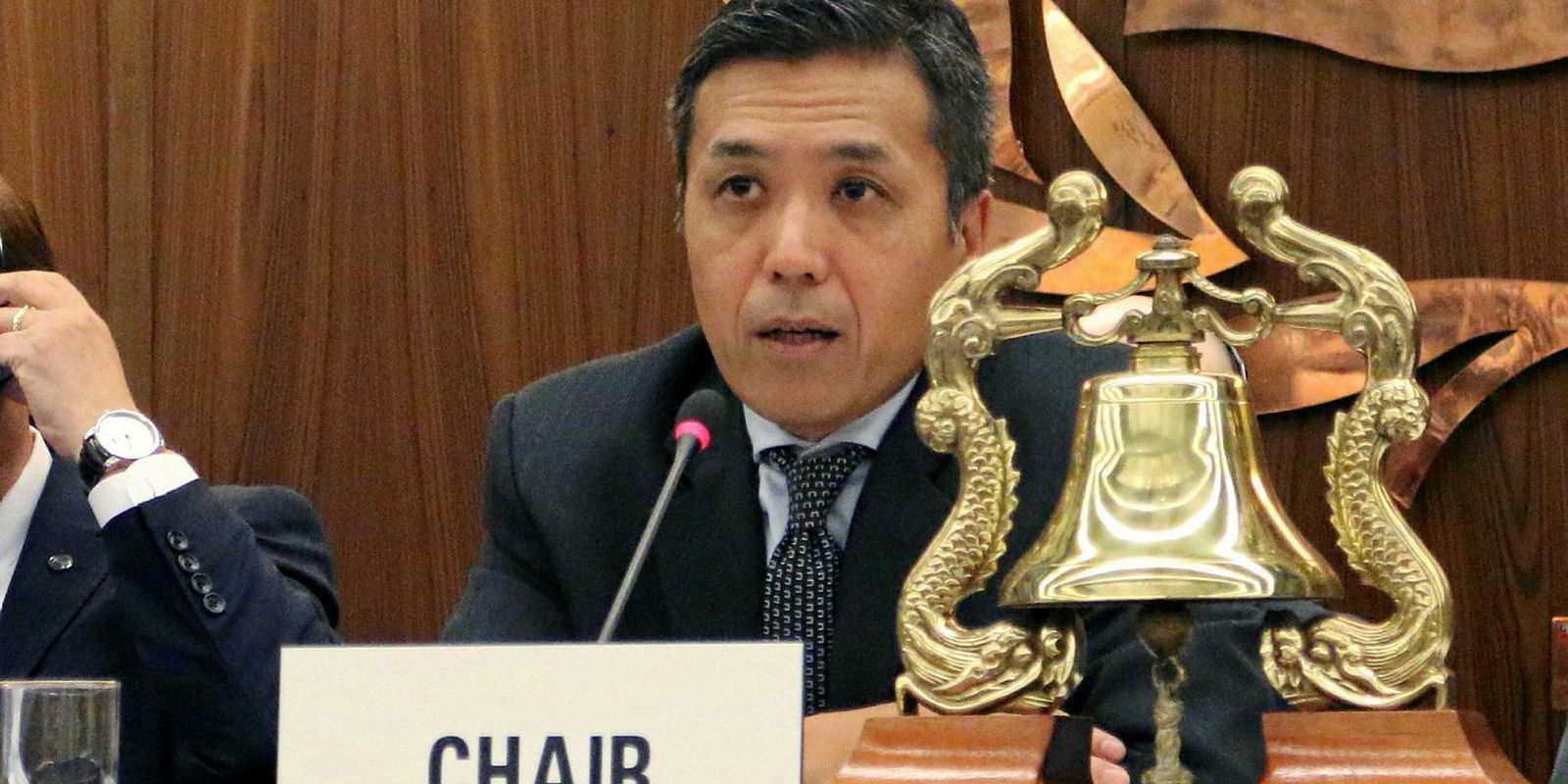The burning question of how to guard against potential legal disputes linked to the 2020 fuel transition is the most common enquiry faced by the North P&I Club's freight, demurrage and defence (FD&D) legal team, according to deputy director Tiejha Smyth.
With technical experts suggesting shipowners should start the process of changing from heavy fuel oil to 0.5% low-sulphur fuel oil (LSFO) six months or more before the deadline of 1 January 2020, she points out almost all charterparties negotiated today will have to consider how the fuel switch will be managed.
Burning LSFO is expected to be the most common form of compliance.

Smyth sits on the Bimco committee drawing up IMO 2020 charterparty clauses — the first of which was considered in mid-November, which is already too late for many one-year charter deals.
“Even charterparties ending in November or December 2019 will need to deal with contractual issues to ensure vessels are delivered 2020-ready," she says. "But really the timing depends on what owners want to do from a technical point of view.”
Areas for dispute
Smyth says there are many potential areas for dispute between owners and charterers if they do not negotiate the transition through the charterparty.
If the vessel is left with non-compliant fuel onboard by 1 March 2020, when even the carriage of such fuel will be banned, then the parties will have to agree who will pay for a costly debunkering of the vessel.
Bunker tank cleaning will also have to be done in time for the switchover. Smyth insists it is a difficult job that needs to be planned on a case-by-case basis.
“If bunker tank cleaning is not factored in, then a vessel might be delayed,” she says.
On redelivery of the vessel, the owner usually buys back fuel. But unless the vessel is fitted with a scrubber, the owner may find the heavy fuel oil onboard has no use and little value in the post-2020 market.
That could lead to disputes between the owner and charterer over recovering those financial losses.
Who pays?
There could also be further problems if there is not sufficient compliant fuel onboard to get the vessel to the next bunkering port that can supply compliant LSFO. Then the issue becomes one of who pays for fines and delays to the vessel if it is detained by port state control.
If bunker tank cleaning is not factored in, then a vessel might be delayed
Smyth says these problems are most likely to be felt by vessels operating on tramp trades, where it might be difficult to plan in advance with any certainty over how to manage the fuel transition.
Owners and charters will also have to find a way of working through long-term charters that were agreed before the 2020 regulation was decided and include no provision for how the fuel transition should be managed.
If the owner decides, or the charterer wants to opt for a scrubber for a vessel under a long-term time charter, then that will inevitably lead to a discussion over who pays for the installation. And then it is likely that some sort of profit-sharing scheme would have to be agreed.
Smyth says owners and charterers will have to find their own solutions and that even when the transition period is over, there could still be issues for the charterparty.
'Problems may arise'
“The solutions will not always be the same in every case and should be considered in terms of the vessel’s trading pattern," she says. "More problems could come up as technologies develop, as we get a better idea about availability of compliant fuels and the enforcement landscape, which could lead to the need to review charterparties from time to time.”
Reed Smith partner Marcus Dodds suggests better knowledge of fuel availability could contribute to owners and charters avoiding disputes. Liberia has made a proposal to the IMO that information on fuel availability should be compiled.

“The Liberian flag state’s proposal for early submissions of information as to the availability of compliant fuel in different ports is a positive step that will aid owners and time charterers in planning their fuel strategy, and allow for early discussions to take place between owners, charterers, bunker suppliers and refiners," he says.
"If adopted, this could only assist a smoother operational transition and perhaps translate into a reduced number of disputes.”






